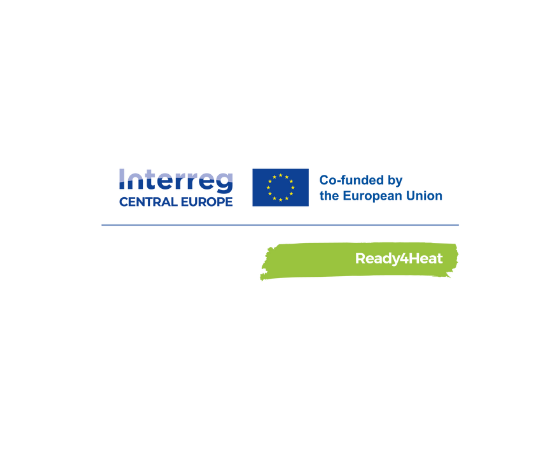Climate Alliance is actively involved in the project as a network partner and coordinates the identification of heat-vulnerable areas in the pilot cities, the involvement of stakeholders and the establishment of networks as well as public relations. Further project partners are the City of Worms (DE), City of Maribor (SI), City of Weiz (AT), Municipality of Hajdúböszörmény (HU), Development agency Sinergija (SI), Centre for Health and Development Murska Sabota (SI), Climate Alliance Styria (AT) and Reflex Environmental Association (HU).
Project funding period: March 2023 – February 2026
Funded by: Interreg CENTRAL EUROPE program, the total budget is €2,040,000, of which €1,632,000 are ERDF funds.

 Get in touch
Get in touch 





 interreg-central.eu/projects/ready4heat
interreg-central.eu/projects/ready4heat 


 Contact us
Contact us 


